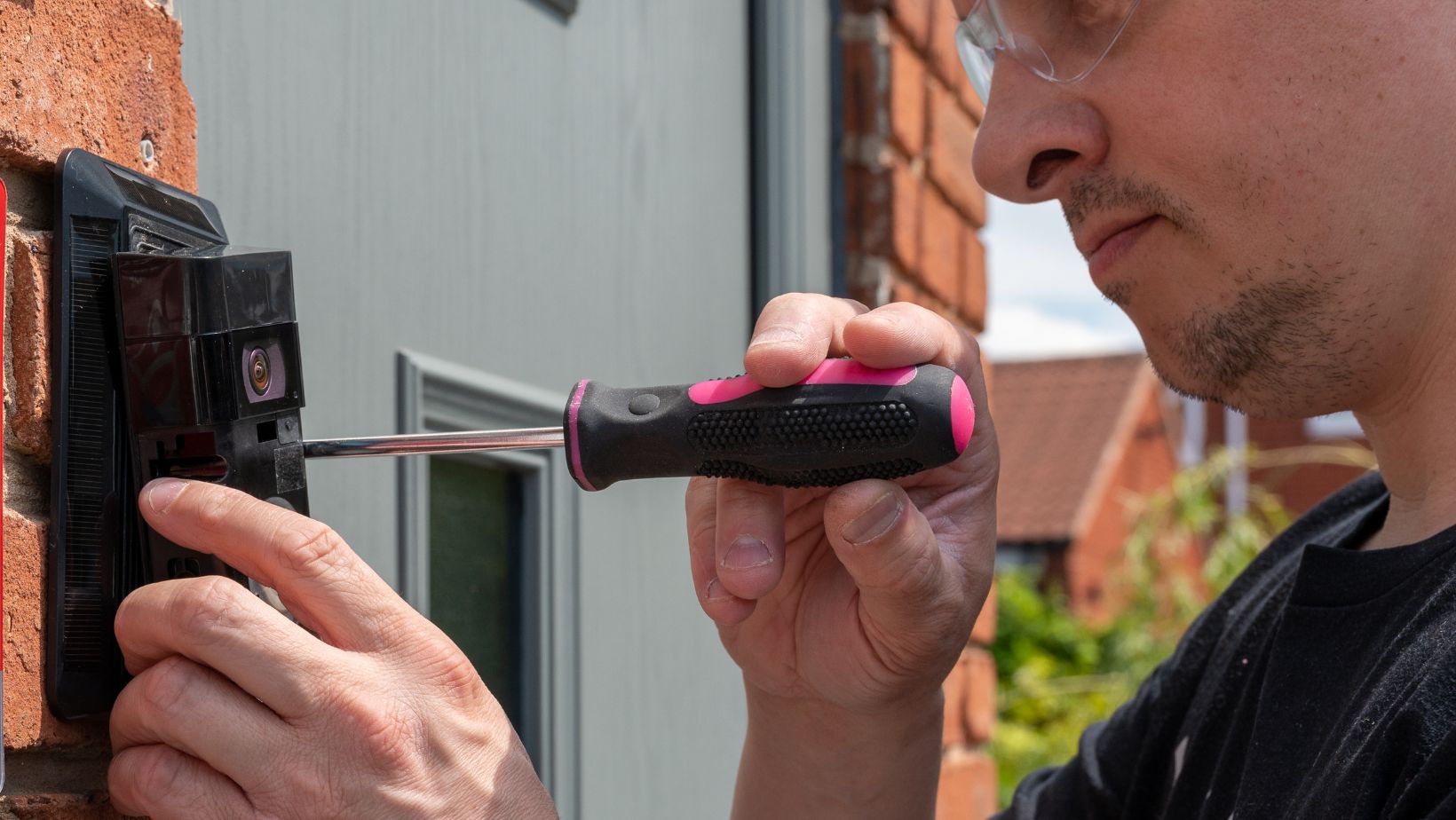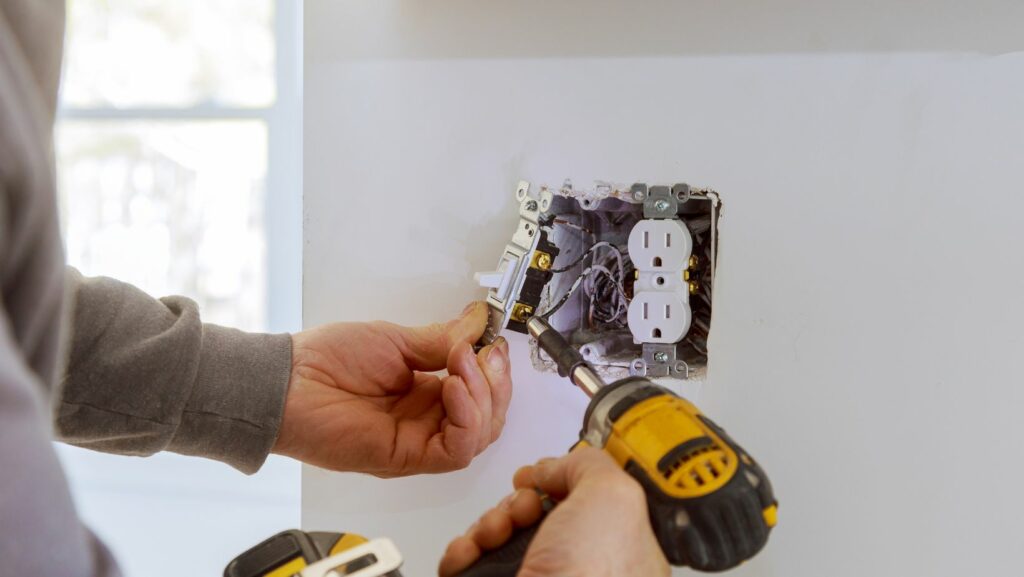In an era increasingly defined by technological integration, the role of electricians has expanded beyond traditional wiring and electrical maintenance. Today, electricians play a crucial role in installing and implementing smart home technologies. These technologies encompass various devices and systems that enhance residential spaces’ convenience, security, and energy efficiency. We will explore electricians’ pivotal contributions in transforming ordinary homes into smart, connected environments.
Understanding Smart Home Technology
To appreciate the significance of electricians at DMR Electric Services in smart home installations, it’s essential to understand what constitutes smart home technology. Smart homes utilize interconnected devices and systems that can be remotely monitored, controlled, and automated. This includes smart lighting, thermostats, security cameras, door locks, entertainment systems, and more. These devices communicate with each other and can be managed through a central hub or smartphone app, offering homeowners unprecedented control and convenience.
Electrical Infrastructure and Integration
One of the primary responsibilities of electricians in smart home installations is ensuring the seamless integration of these advanced technologies into existing electrical systems. This involves assessing the home’s current electrical infrastructure to determine its capacity and compatibility with smart devices. Electricians may need to upgrade wiring, install dedicated circuits, or incorporate surge protection to support the increased electrical load and safeguard sensitive electronics.
Installation of Smart Devices
Once the groundwork is laid, electricians proceed with the installation of various smart devices throughout the home. This task demands precision and expertise to mount sensors, cameras, switches, and other components in optimal locations for functionality and aesthetic appeal. Electricians ensure that all connections are secure, adhering to manufacturer specifications and local building codes to guarantee the safe operation and longevity of the installed devices.
Configuration and Programming
Beyond physical installation, electricians play a critical role in configuring and programming smart home systems. This involves linking devices to the central control unit or Wi-Fi network setting up user preferences, schedules, and automation routines.

Electricians may collaborate with homeowners to customize settings that align with their lifestyles and preferences, such as adjusting lighting schedules or integrating security features for enhanced peace of mind.
Troubleshooting and Maintenance
Post-installation, electricians provide ongoing support by troubleshooting any technical issues with smart home systems. They possess the expertise to diagnose connectivity issues, software glitches, or hardware malfunctions and restore functionality promptly. Regular maintenance checks are also recommended to ensure that smart devices operate efficiently and securely over time, potentially preventing costly repairs or replacements down the line.
Compliance with Safety Standards
A critical aspect of smart home installations that electricians prioritize is adherence to safety standards and regulations. These standards are designed to protect both the occupants of the home and the integrity of the electrical system itself. Electricians ensure that all smart devices and their installations meet local codes and safety requirements. This includes proper grounding, insulation, and protection against electrical hazards, mitigating risks such as electrical fires, shocks, or damage to sensitive electronics. Electricians uphold the reliability and longevity of smart home systems by maintaining strict compliance with safety protocols, providing homeowners with peace of mind.
Education and Consultation
Beyond technical installation, electricians also serve as educators and consultants for homeowners navigating the complexities of smart home technology. They offer insights into the latest advancements in the field, recommend suitable products based on individual needs and preferences, and guide on maximizing the efficiency and functionality of installed systems.

Electricians empower homeowners with knowledge on managing energy consumption, optimizing device settings, and integrating new technologies as they become available, fostering a more informed and engaged approach to smart home ownership.
Integration with Renewable Energy
An emerging trend in smart home technology is integrating with renewable energy sources, such as solar panels and energy storage systems. Electricians are crucial in incorporating these sustainable solutions into the smart home ecosystem. They assess the feasibility of integrating renewable energy sources with existing electrical infrastructure, ensuring seamless connectivity and optimal performance. By harnessing solar power and storing excess energy in batteries, homeowners can reduce their reliance on grid electricity, lower utility bills, and contribute to environmental conservation. Electricians facilitate this transition by installing and configuring smart devices that monitor energy production and consumption, allowing homeowners to make informed decisions about their energy usage and environmental impact.
Electricians are indispensable facilitators in the evolution towards smart, sustainable homes. By integrating renewable energy sources, ensuring compliance with safety standards, providing ongoing education, and troubleshooting technical issues, electricians empower homeowners to embrace a future of energy-efficient, connected living. As technology advances, electricians will play a pivotal role in shaping residential environments that are not only smarter but also more sustainable and resilient to future challenges.


More Stories
Is Vinyl Flooring a Safe Option for Homes with Pets or Kids? Expert Insights
Touch ‘N Go Casino Payments
The Psychology of Esports Fans: What drives loyalty and engagement?